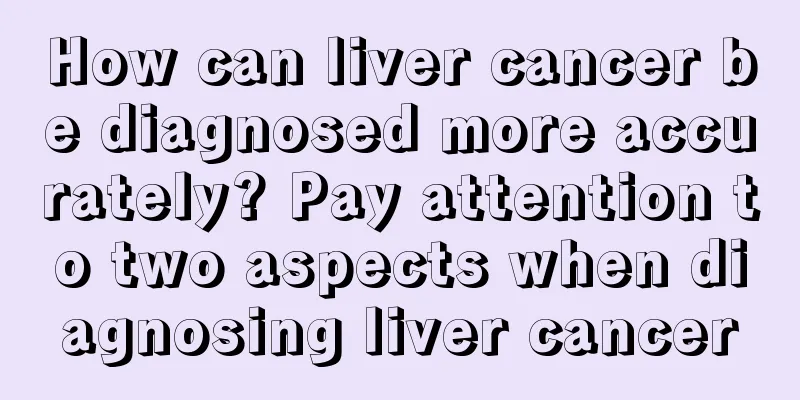What causes premature heartbeats?

|
Heartbeat is a necessary physiological phenomenon for the human body. Heartbeat has many functions. It is the contraction of the heart caused by the beating of the heart, which can exert strong pressure on the blood, allowing the blood to quickly reach all parts of the body. The heart beats according to a certain pattern. Therefore, as long as the rhythm of the heartbeat is disrupted, it will affect the health of the body. Symptoms of abnormal heartbeat are very common. For example, what is premature heartbeat? Premature beats are also called premature contractions or extrasystoles, or simply premature beats. It is a premature ectopic heart beat. According to the site of origin, it can be divided into four types: sinus, atrial, atrioventricular junction and ventricular. Among them, ventricular beats are the most common, followed by atrial beats, and sinus premature beats are rare. Premature beats are a common ectopic rhythm. It may occur in the setting of sinus or ectopic (eg, atrial fibrillation) rhythm. It may occur sporadically or frequently, and may occur irregularly or regularly after every or every few normal beats, forming bigeminy or coupled premature beats. Premature beats may be asymptomatic or may cause palpitations or a feeling of cardiac arrest. Frequent premature beats can cause symptoms such as fatigue and dizziness (due to reduced cardiac output). For people with existing heart disease, this can induce or aggravate angina pectoris or heart failure. Auscultation may reveal irregular heart rhythm and a long compensatory interval after premature beats. The first heart sound of premature beats is often enhanced, while the second heart sound is often weakened or disappeared. When premature beats are in a binomial or tripeminic rhythm, a long pause can be heard after every two or three heartbeats. Premature beats are inserted between two regular heartbeats and may appear as three consecutive heartbeats. Palpation of the pulse may reveal intermittent absence of pulses. Solution: 1. Don't be too nervous when premature beats occur. Ask your doctor to further examine the cause of the premature beats and evaluate the severity of the premature beats. If the cause of premature beats can be found, as long as the cause is eliminated and the disease that causes premature beats is cured, the premature beats can be gradually eliminated. If the cause of the premature beats cannot be found, your doctor will decide whether they need treatment. The prognosis for most patients with premature beats is good. 2. Occasional premature beats have little effect on blood circulation, especially when they are not caused by other diseases. Premature beats themselves are not a serious disease and generally do not require treatment. Therefore, patients should eliminate their worries and remain optimistic. |
<<: What causes back and leg pain?
>>: What medicine is better for skin ulcers?
Recommend
Does secondhand smoke easily cause lung cancer? How to prevent lung cancer in daily life
Here I would like to advise all friends to pay at...
What are some simple ways to get rid of calluses
Human skin is delicate from birth. After long hou...
What tests should be done during pregnancy?
If women find that their menstruation is delayed ...
What are the sequelae of comminuted thigh fracture
Many accidents in life may lead to comminuted fra...
What are the sequelae of aconite poisoning
Traditional Chinese medicine has a very long hist...
What to do if bladder cancer recurs three months after surgery
Bladder cancer is a relatively common malignant t...
What is the cause of dark circles under the eyes in traditional Chinese medicine
Dark circles are a common skin problem in daily l...
What is the modern treatment method for teratoma
Once a teratoma is diagnosed, early surgical rese...
Why do I feel so many small bumps on my back?
Many people have had similar experiences of getti...
What should you pay attention to in your diet after lung cancer surgery? Two points to pay attention to in your diet after lung cancer surgery
There is no clear data to show that diet is a fac...
What is the reason for the pain in the tendons on the soles of the feet
Feet are important to us, so what kind of shoes w...
Will brain cancer cause the skull to deform?
I have symptoms such as dizziness and tinnitus. T...
Is glass ion filling good?
We all know that with the widespread use of negat...
Pay attention to dietary care after uterine cancer surgery
Uterine cancer is a malignant tumor that occurs i...
How to diagnose chronic appendicitis?
Many gastrointestinal diseases have the same symp...









